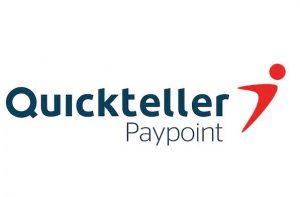Afreximbank Commits $3bn to Boost Refining, Slash $30bn fuel Import Bill

Samuel Mobolaji
In a bold move to transform Africa’s energy landscape, the African Export–Import Bank (Afreximbank) has committed $3 billion to support the purchase of refined petroleum products within the continent—an ambitious effort aimed at bolstering local refining capacity and slashing the region’s annual $30 billion fuel import bill.
Kanayo Awani, Executive Vice-President at Afreximbank, announced the initiative during an energy conference in Cape Town, asserting that Africa must “take control of its energy destiny” by building sustainable, homegrown solutions. Despite being a major producer of crude oil and natural gas—exporting around 80 per cent of its crude and 45 per cent of its gas—Africa remains dependent on imports for refined petroleum products due to limited domestic refining infrastructure.
The newly launched $3 billion revolving intra-African oil import financing facility will provide funding for a range of refined products, including petrol (PMS), diesel (AGO), jet fuel, kerosene, and heavy fuel oil. The initiative is also part of a broader strategy to accelerate the development of modern refineries across the continent.
Read Also: Meta Launches Llama 4, Claims Breakthrough over GPT-4, Gemini
Afreximbank has already invested in strategic projects such as Nigeria’s 650,000 barrels per day (bpd) Dangote Refinery and Angola’s Lobito and Cabinda refineries, in a bid to create regional refining hubs. Nigeria alone now boasts a combined refining capacity of 1.3 million bpd, with the Gulf of Guinea emerging as a critical node for future downstream activity.
“Our ambition is to support up to 3 million barrels per day of refining capacity in the near to medium term,” Awani said in an interview with Reuters, adding that the bank’s strategy aligns with long-term efforts to ensure energy self-sufficiency and economic resilience.
Industry data suggests that demand for cleaner fuels across Africa is expected to increase by 56 per cent from 2022 levels, reaching 142 million metric tons by 2040. Analysts say that without significant investment in infrastructure, the region risks falling further behind in energy security and clean fuel adoption.
Afreximbank’s commitment comes at a time when global supply chain shocks, climate pressures, and rising energy costs have amplified the urgency for Africa to build an integrated and resilient energy sector. By financing both imports and refining infrastructure, the bank aims to close the continent’s energy gap while creating a more sustainable and value-driven supply chain.








